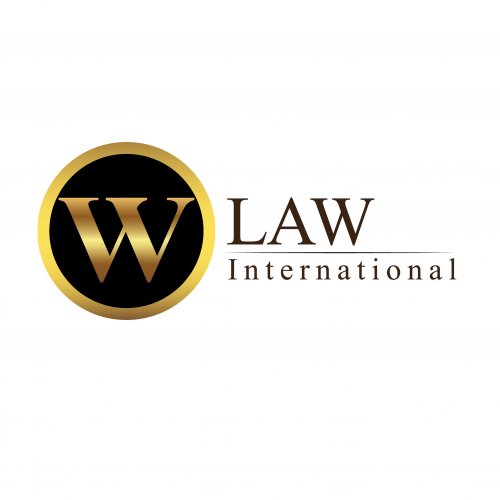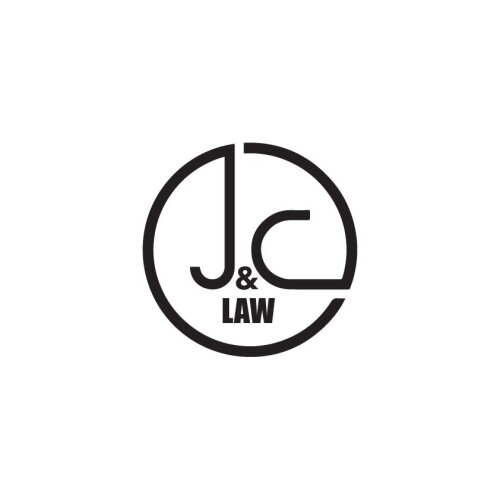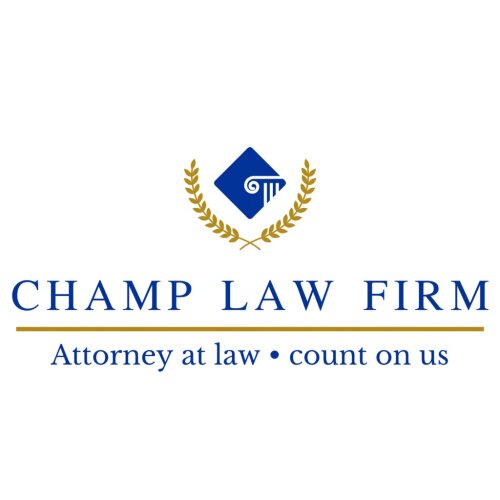Best Antitrust Litigation Lawyers in Pattaya
Share your needs with us, get contacted by law firms.
Free. Takes 2 min.
List of the best lawyers in Pattaya, Thailand
About Antitrust Litigation Law in Pattaya, Thailand
Antitrust litigation in Pattaya, Thailand, involves legal disputes concerning unfair business practices such as price fixing, market monopolization, collusion, or abuse of market dominance. The main purpose of antitrust law is to promote fair competition and protect consumers. These laws apply to both local and foreign businesses operating in Pattaya, including hotels, tourism operators, retailers, and service providers. While Thailand has national antitrust regulations, local enforcement in places like Pattaya is becoming increasingly significant due to the city’s vibrant business environment and high level of economic activity.
Why You May Need a Lawyer
There are several scenarios where individuals or business entities may require the services of an antitrust litigation lawyer in Pattaya. Some common situations include:
- Being investigated by the Office of Trade Competition Commission (OTCC) for suspected anticompetitive behaviors
- Facing lawsuits or regulatory actions related to price fixing, bid rigging, or mergers
- Engaging in mergers or acquisitions that could impact market competition
- Experiencing unfair business practices from competitors and seeking remedies
- Responding to complaints from customers or rivals regarding alleged monopolistic practices
An experienced antitrust lawyer can help you understand your rights and obligations, assist with compliance, represent you in court, and negotiate with regulatory authorities.
Local Laws Overview
Thailand’s primary antitrust law is the Trade Competition Act B.E. 2560 (2017), which applies throughout the country, including Pattaya. The Act covers three main areas:
- Cartels and Collusion: Agreements between businesses to fix prices, limit production, or divide markets are strictly prohibited.
- Abuse of Dominance: Companies with significant market power cannot exploit their position to the detriment of other competitors or consumers.
- Mergers and Acquisitions: Certain types of mergers require notification or prior approval from the OTCC if they may lessen competition.
Violating antitrust laws can result in severe penalties including fines, business license suspension, and even imprisonment for responsible individuals. Local authorities in Pattaya cooperate closely with national regulators to enforce compliance, especially in sectors crucial to the city’s economy, such as hospitality, tourism, and retail.
Frequently Asked Questions
What is considered anticompetitive behavior under Thai law?
Anticompetitive behavior includes actions like price fixing, bid rigging, market allocation, exclusive dealing, or abusing a dominant market position to exclude competitors or restrain trade.
Can small businesses face antitrust litigation in Pattaya?
Yes, any business regardless of size can be subject to investigation or litigation if they engage in practices that restrict market competition or harm consumers.
Who enforces antitrust laws in Thailand?
The Office of Trade Competition Commission (OTCC) is the main regulatory body responsible for enforcing antitrust laws in Thailand, including actions in Pattaya.
What penalties can be imposed for breaking antitrust laws?
Penalties may include significant fines, imprisonment, orders to cease certain business activities, and revocation or suspension of business licenses.
How are antitrust disputes resolved?
Antitrust disputes may be resolved through administrative proceedings, negotiations with the OTCC, or litigation in Thai courts. Legal advice is crucial at each stage.
Is it illegal to have exclusive contracts in Pattaya?
Exclusive contracts are not automatically illegal, but they may be examined if they restrict competition or create a monopoly in the market.
Do mergers or acquisitions need approval?
Significant mergers or acquisitions that may affect competition must be reported to the OTCC, and some may require prior approval before proceeding.
Can foreign companies be sued under Thai antitrust law?
Yes, Thai antitrust laws apply to all entities conducting business in Thailand, including foreign companies operating in Pattaya.
How long does an antitrust litigation process take?
The duration varies based on the complexity of the case, the amount of evidence, and whether settlements are reached. Some matters are resolved within months, while others may take years.
What should I do if I am accused of an antitrust violation?
Consult with a qualified antitrust lawyer immediately. Do not communicate with regulators or opposing parties before receiving legal advice.
Additional Resources
Individuals and businesses involved in antitrust issues in Pattaya can seek information and assistance from the following resources:
- Office of Trade Competition Commission (OTCC): The national regulatory authority for antitrust enforcement
- Chamber of Commerce Thailand: Provides information and educational seminars about business competition laws
- Ministry of Commerce: Publishes guidelines and resources related to trade practices
- Local Pattaya Business Associations: Can offer advice and referrals for legal support
Next Steps
If you believe you need legal assistance regarding antitrust litigation in Pattaya, it is important to act promptly. Gather all relevant documents and correspondence related to your business practices or the matter in question. Schedule a consultation with a lawyer specializing in Thai antitrust law, preferably one with experience in Pattaya’s business environment. During your meeting, discuss the full details of your case, ask about possible outcomes, and clarify the legal process ahead. Adhering to legal guidance from the outset will strengthen your position and help you ensure compliance with Thailand’s antitrust regulations.
Lawzana helps you find the best lawyers and law firms in Pattaya through a curated and pre-screened list of qualified legal professionals. Our platform offers rankings and detailed profiles of attorneys and law firms, allowing you to compare based on practice areas, including Antitrust Litigation, experience, and client feedback.
Each profile includes a description of the firm's areas of practice, client reviews, team members and partners, year of establishment, spoken languages, office locations, contact information, social media presence, and any published articles or resources. Most firms on our platform speak English and are experienced in both local and international legal matters.
Get a quote from top-rated law firms in Pattaya, Thailand — quickly, securely, and without unnecessary hassle.
Disclaimer:
The information provided on this page is for general informational purposes only and does not constitute legal advice. While we strive to ensure the accuracy and relevance of the content, legal information may change over time, and interpretations of the law can vary. You should always consult with a qualified legal professional for advice specific to your situation.
We disclaim all liability for actions taken or not taken based on the content of this page. If you believe any information is incorrect or outdated, please contact us, and we will review and update it where appropriate.

















